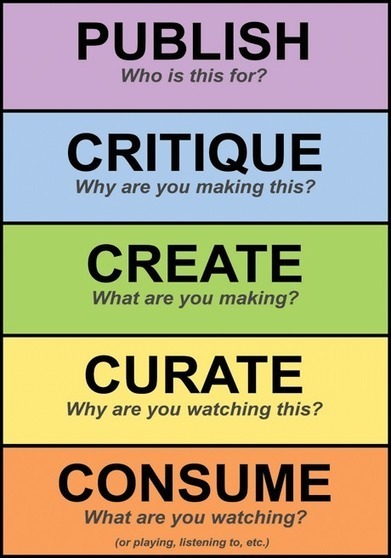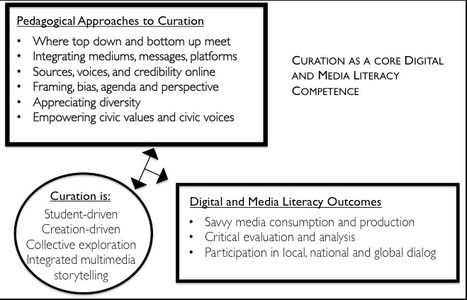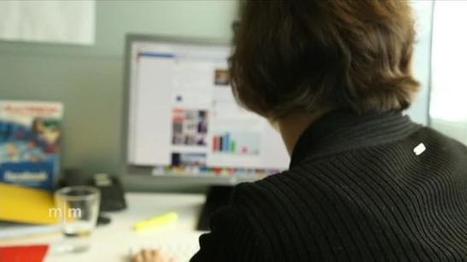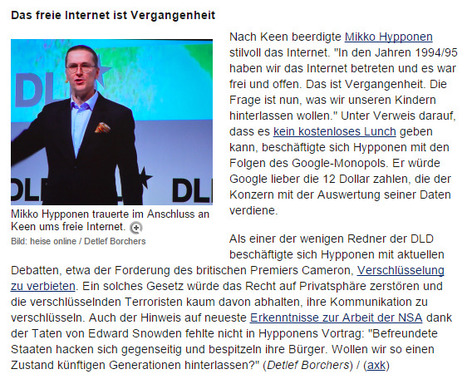We see a post on social media, read an article in the paper, listen to opinions in a meeting, hear the results of a poll, and before you know it, we adjust our views and jump on the bandwagon with everyone else. It’s as if we say, “If it’s good enough for them, it’s good enough for me.” No questions asked. Groupthink: what makes you think others know better?
We are dramatically affected by the people around us. In fact, we tend to do things simply because others do them, rather than follow our own beliefs or think for ourselves. That’s fine if we’re kind, eat healthy, or read more because our friends and colleagues influence us to act that way. But this phenomenon can also compel us to do things against our own best interest — if we’re not careful.
Even though being part of a group provides comfort and security it doesn’t guarantee that your group will always think intelligently; in fact, their reasoning may be deeply flawed. That’s why you should think carefully before you end up destroying your credibility and your reputation. It’s important to consider whether the messenger is credible, the information is accurate, the rationale is logical, and the intentions are honorable.
The alternative is to follow the group blindly — and assume that other members did their homework.
When your ears hear one thing, but your eyes see another…use your brain.
Learn more / En savoir plus / Mehr erfahren:
https://www.scoop.it/t/21st-century-learning-and-teaching?tag=Critical-Thinking
https://www.scoop.it/t/21st-century-learning-and-teaching/?&tag=Frank+SONNENBERG



 Your new post is loading...
Your new post is loading...




















We see a post on social media, read an article in the paper, listen to opinions in a meeting, hear the results of a poll, and before you know it, we adjust our views and jump on the bandwagon with everyone else. It’s as if we say, “If it’s good enough for them, it’s good enough for me.” No questions asked. Groupthink: what makes you think others know better?
We are dramatically affected by the people around us. In fact, we tend to do things simply because others do them, rather than follow our own beliefs or think for ourselves. That’s fine if we’re kind, eat healthy, or read more because our friends and colleagues influence us to act that way. But this phenomenon can also compel us to do things against our own best interest — if we’re not careful.
Even though being part of a group provides comfort and security it doesn’t guarantee that your group will always think intelligently; in fact, their reasoning may be deeply flawed. That’s why you should think carefully before you end up destroying your credibility and your reputation. It’s important to consider whether the messenger is credible, the information is accurate, the rationale is logical, and the intentions are honorable.
The alternative is to follow the group blindly — and assume that other members did their homework.
When your ears hear one thing, but your eyes see another…use your brain.
Learn more / En savoir plus / Mehr erfahren:
https://www.scoop.it/t/21st-century-learning-and-teaching?tag=Critical-Thinking
https://www.scoop.it/t/21st-century-learning-and-teaching/?&tag=Frank+SONNENBERG